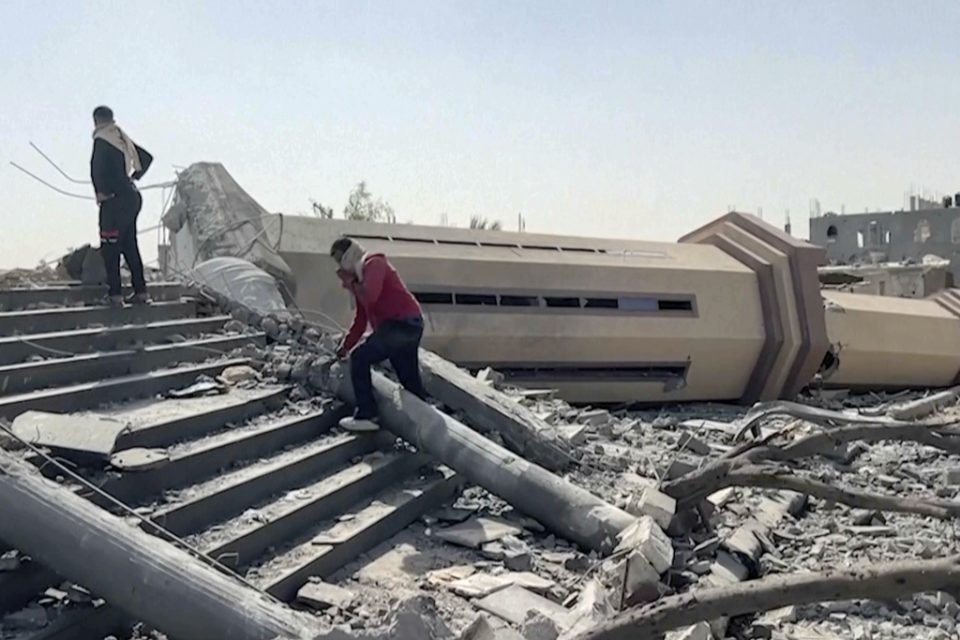Israel launched airstrikes against Iranian military targets early on Saturday, October 26, as Iranian media reported multiple explosions near Tehran.
The Middle East remains tense as Israel faces potential retaliation following a ballistic missile barrage from Iran on October 1, which saw approximately 200 missiles fired at the Israeli territory. This marked Iran’s second direct attack in six months after Israel targeted the leadership of Hezbollah in Lebanon. Hezbollah militants have entered the conflict, supporting Hamas, the Palestinian militant group that attacked Israel on October 7, 2023.
“In response to months of ongoing attacks from the regime in Iran against Israel, the Israel Defense Forces (IDF) are conducting precise strikes on military targets in Iran,” the IDF stated.
The military asserted that Israel has the right and responsibility to respond to aggression from Tehran and its proxies, which have included missile attacks from Iranian territory. “Our defensive and offensive capabilities are fully mobilized,” they added.
Though the exact scope of the strikes was unclear, an Israeli public broadcaster reported that dozens of fighter jets were involved. Targets reportedly did not include energy infrastructure or nuclear sites, according to NBC News and ABC News citing an Israeli official.
U.S. President Joe Biden previously cautioned that Washington, Israel’s main ally and arms supplier, would not support strikes on Iran’s nuclear facilities and advised Israel to consider alternatives regarding its oil fields.
The semi-official Iranian Fars news agency reported that various military bases in western and southwestern Tehran had been targeted. Iranian state TV noted strong explosions were heard in the capital, and similar reports came from the nearby city of Karaj. Unconfirmed Iranian intelligence indicated that the blasts could be attributed to the activation of Iran’s air defense systems. Iranian officials have consistently warned Israel that any attack would be met with a severe response.
Prime Minister Benjamin Netanyahu and Defense Minister Yoav Gallant were both at the military headquarters in Tel Aviv during the operations. A U.S. official confirmed that Israel had informed the United States prior to the strikes but emphasized that Washington was not involved in the operation.
“We understand that Israel is conducting targeted strikes against military targets in Iran as an act of self-defense in response to the ballistic missile attack against Israel on October 1,” stated Sean Savett, a spokesperson for the White House National Security Council.
Concerns have grown that escalating tensions between Iran and the U.S. could lead to a broader regional conflict, especially following Israel’s intensified actions against Hezbollah, including airstrikes on Beirut and ongoing operations in Gaza.
U.S. Secretary of State Antony Blinken reiterated earlier in the week that Israel’s retaliation should not escalate further.
Additionally, Syrian state TV reported explosions in the Damascus countryside and central region.
Israel’s defense minister declared this week that enemies would “pay a heavy price” for any attempts to harm Israel.
Credit: CNA




